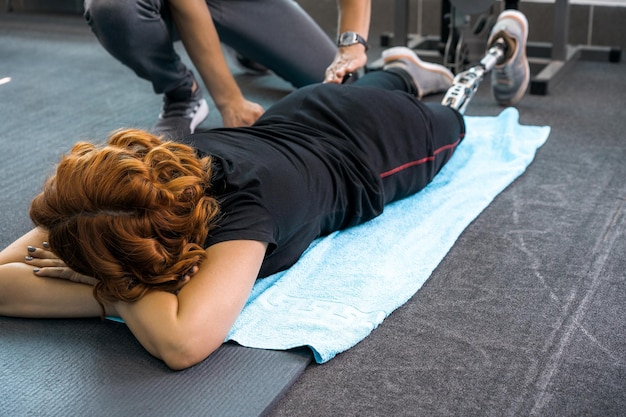In today’s fast-paced world, heart health is more important than ever. Cardiovascular disease remains a leading cause of death globally, yet many risk factors are preventable through lifestyle changes. One of the most effective, accessible, and sustainable ways to support heart health is through yoga and mobility practices. This beginner-friendly guide will help you start quickly, stay consistent, and track measurable improvements—week by week.
Yoga is more than just stretching—it’s a holistic practice that combines breath control, mindful movement, and relaxation. Research shows that regular yoga can lower blood pressure, reduce resting heart rate, improve circulation, and decrease stress hormones like cortisol—all of which contribute to a healthier cardiovascular system.
Mobility work complements yoga by enhancing joint range of motion, reducing stiffness, and promoting better posture and alignment. When your body moves efficiently, your heart doesn’t have to work as hard during daily activities. Together, yoga and mobility create a powerful synergy for long-term heart wellness.

You don’t need hours of practice to see benefits. Start with just 10–15 minutes a day. Here’s a simple first-week routine:
Focus on consistency, not perfection. The goal is to build a habit, not master advanced poses.
Consistency is the key to lasting change. Use these proven strategies to stay on track:
Tracking progress keeps you motivated and shows real improvements. Each week, measure these simple indicators:
Incorporate these foundational poses into your routine:
Many beginners notice improved sleep and reduced stress within the first 1–2 weeks. Physical benefits like lower resting heart rate and increased flexibility typically become apparent by week 4. Long-term cardiovascular improvements build over months of consistent practice.
Remember: small, daily efforts compound into significant health gains. Celebrate every milestone, no matter how small.
Supporting your heart doesn’t require extreme workouts or drastic changes. Yoga and mobility offer a gentle, sustainable path to better cardiovascular health. By starting fast, staying consistent, and measuring your progress weekly, you empower yourself with knowledge and motivation.
Begin today—your heart will thank you for years to come.

Wellness

Wellness

Wellness

Wellness

Wellness

Wellness

Wellness

Fitness

Fitness

Fitness

Fitness

Fitness

Health

Fitness

Health

Health